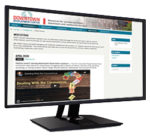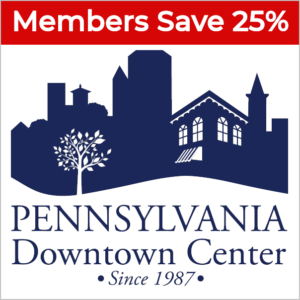 • Get started.
• Get started. Discuss goals, build a list of assets and partners, and establish the major outcomes that will determine the project’s success.
...
• Make new connections. Every city faces a familiar challenge: A small group of people attends community meetings, while most remain invisible. Preuss says you need to search out new people — owners of small-scale producers, home-based businesses, and property owners.
“We won’t find all these people easily, however, which brings us to the Connectors,” Preuss says. “Connectors are trusted leaders from different communities who are willing to make change happen.”
This group can include faith leaders, cultural influencers, civic leaders, and other trusted members of the community.
...
• Get to know small-scale producers. Once you’ve identified key entrepreneurs, get to know them. Preuss suggests one-on-one interviews during which you find out about business owners’ needs.
Involving entrepreneurs early allows them to feel a sense of ownership in your community’s strategy. Make sure to include a racially diverse group of people that includes Black and Brown producers.
...
• Analyze. After talking to key players, your next step is to determine what it all means. Should the community buy a vacant building downtown and use it as an incubator for small-scale producers?
Do you need lending or training resources for your business owners? Do zoning and land-use rules restrict downtown production?
Each community will have unique challenges, but this step will guide your next move.
...
• Act. To build momentum, Preuss says, you should act immediately — even if the initial step is a modest one.
She points to Fremont, CA, which wanted to build its pipeline of small-scale manufacturing businesses. But the city realized it had no way to identify these entrepreneurs, let alone gather them for marketing efforts.
So Fremont’s first small victory involved promoting small-scale manufacturers through the city’s public relations channels, and asking entrepreneurs to sign up on a city list.
“This simple action attracted community attention and allowed the city to start bringing people together online and in meetups,” Preuss says.
The first action was similar in South Bend, IN, where many manufacturing operations were so small that they flew under the radar.
Contact: Ilana Preuss, Recast City, 240-472-2765.
...
To read more — login/sign up
 Facing years of construction, residents, leaders join forces — In Middlebury, VT, an infrastructure project was set to tear up roads and disrupt the downtown for six years. Read a full overview of Middlebury’s efforts to promote downtown during the disruption.
...
Facing years of construction, residents, leaders join forces — In Middlebury, VT, an infrastructure project was set to tear up roads and disrupt the downtown for six years. Read a full overview of Middlebury’s efforts to promote downtown during the disruption.
...

